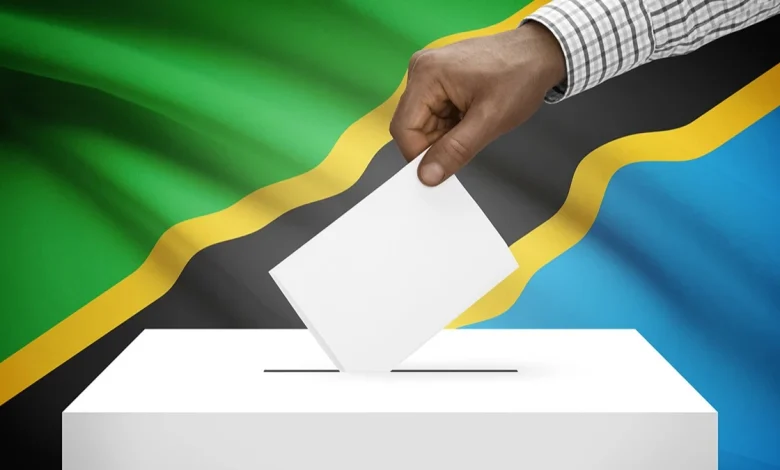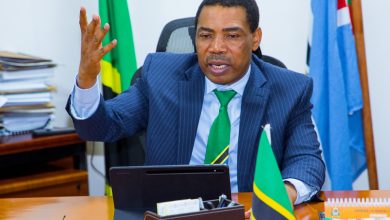Vote calmly, development depends on it

DAR ES SALAAM: IT is election season again and exactly the time when political temperatures tend to rise faster. Tension builds, voices grow louder, and emotions occasionally boil over. Yet, amid the campaign slogans, rallies and debates, one message rings louder and clearer than the rest: Peace matters.
And not in some poetic, abstract way. This is about real, practical, bootson-the-ground, look-your-neighbour-in-the-eye peace. The kind of peace that keeps classrooms full, markets open and the wheels of development turning.
As the country moves toward the General Election on October 29th, it becomes increasingly evident that peace is not a luxury, it is a necessity. It is the bedrock of national stability and the unseen foundation beneath every kilometre of new road, every upgraded hospital, every job created and every classroom built. Without peace, even the most ambitious plans remain just that plans.
This is not about idealism. It is about pragmatism. Peace is the quiet, invisible engine behind progress. When a nation is calm and stable, farmers can till their land without fear, entrepreneurs can open shops without uncertainty and children can walk to school without worry. Peace means potential can flourish and where peace is absent, development withers.
It is no coincidence that peace has taken centre stage in this election season’s discourse. It must. Elections, after all, are not declarations of war. They are democratic moments, not do-or-die battlegrounds. They are an opportunity to make choices, not enemies. As the saying goes, “Elections are not a boxing match and instead save your punches for the gym.”
We must understand collectively that elections are neither a call to arms nor an excuse for chaos. They are not a fight for survival, but a civic duty to participate in shaping the future. The real strength of a nation lies not in how loudly it shouts during an election but in how calmly and respectfully it votes.
Calls for peace are not empty words. They are supported by concrete action: institutions have been strengthened, the capacity of security forces has been enhanced, and the groundwork laid to ensure that the democratic process proceeds without disruption. However, peace is not built by governments alone.
Every citizen is a stakeholder. Peace is not a spectator sport. It is a responsibility shared by all, right from the campaign stages to the corners of local neighbourhoods. It is something we must actively protect, nurture and defend.
The emphasis on peace is not only politically wise-it is nationally vital. The risks that accompany election periods are real and the only antidote to uncertainty is unity. When peace prevails, everyone wins. When it doesn’t, no one truly does.
ALSO READ: INEC releases new voters list after ZEC updates
As the campaign period unfolds, let us all choose calm over conflict, dialogue over division and ballots over brawls. Let the political debates be vigorous, but let our actions remain civil. Let us raise our voices, but never our fists.
Because when the campaign dust settles and the last vote is counted, we all return to the same streets, share the same markets, pubs and dream the same dreams for a better tomorrow. And in that tomorrow, peace is not just good policy. It is the only policy that delivers.





